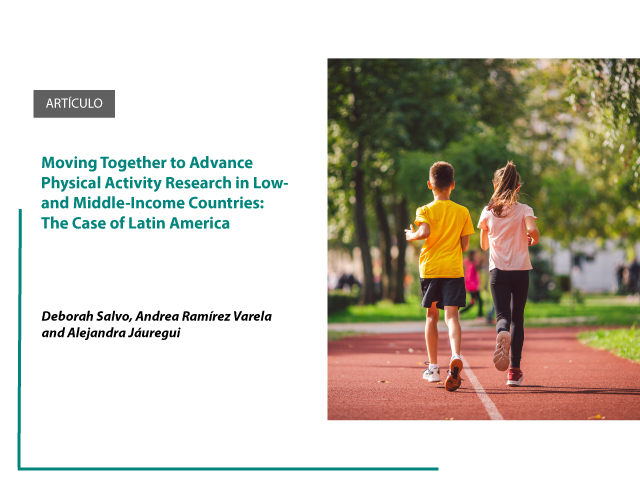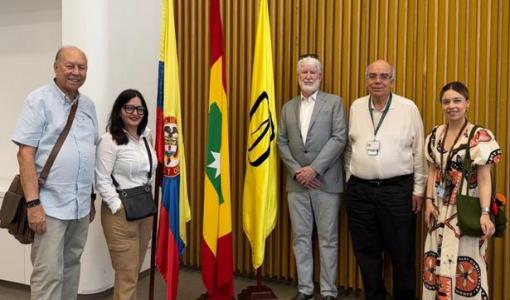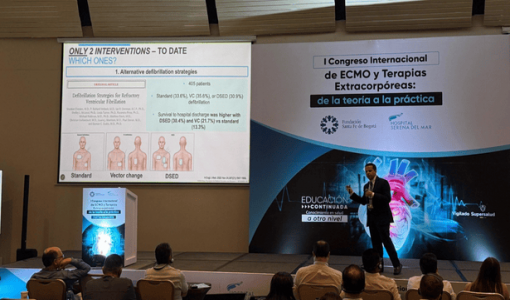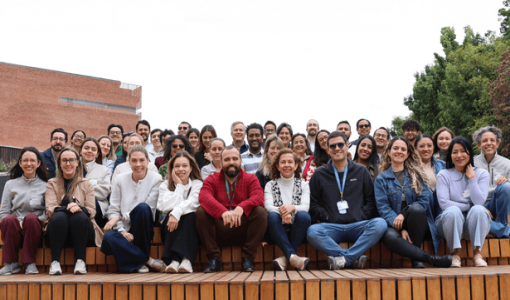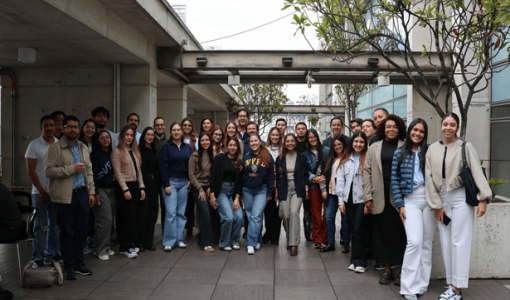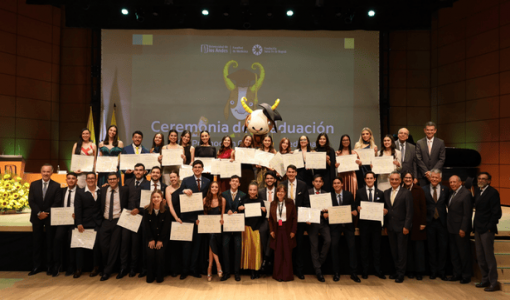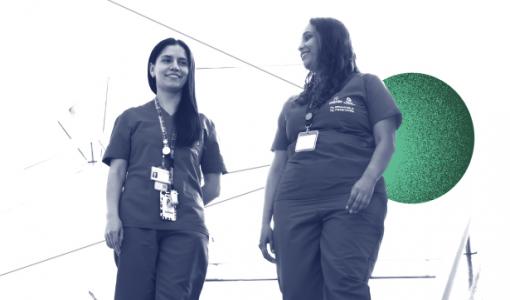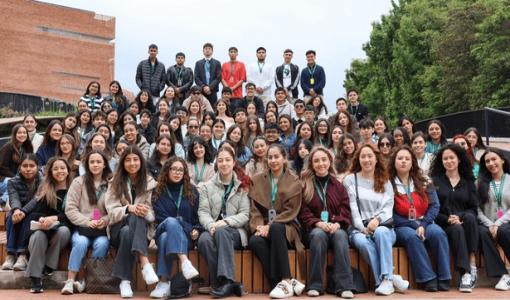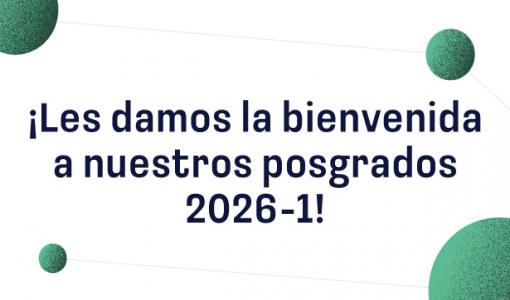[Artículo]
Los invitamos a leer el siguiente artículo que contó con la participación de la Dra. Andrea Ramírez Varela.
Summary
Physical inactivity has been defined as a global pandemic since 2012,1 given its high prevalence across borders and regions of the world. Unfortunately, physical inactivity remains a global health crisis, with approximately 1 in 4 adults and 8 in 10 adolescents not achieving minimum aerobic physical activity guidelines.2–4 This translates into an estimated 5 million attributable deaths per year,5 and yearly costs of over 53.8 billion international dollars globally.6
Evidence from the Global Observatory of Physical Activity (GoPA!) shows a strong positive correlation between physical activity research productivity, the existence of regular national physical activity surveillance systems, and the availability of national physical activity promotion plans.7 This underscores the importance of local research productivity as an essential element for effective physical activity and health promotion in local settings. Indeed, high research productivity is included as one of the 3 key components of the “pyramid for effective national physical activity promotion” (along with good surveillance and policies).7
Despite the fact that 84% of the global population live in low- and middle-income countries (LMICs),8 less than 20% of peer-reviewed physical activity and health publications are from LMICs.9 If the global physical activity research community is serious about reverting the physical inactivity pandemic, it is imperative to invest in enhancing research capacity in these settings. Although it is technically possible to increase research outputs (eg, published scientific articles) from LMICs without actually increasing local capacity, this “helicopter research” model is neither sustainable nor ethical.10 Conducting contextually relevant physical activity research requires the participation of local lead investigators.10
Over the past decade and a half, physical activity and health research from Latin America—a region composed almost in its entirety by LMICs—has experienced pronounced growth.9,10 Notably, less than a handful of countries are driving this trend, with work from Brazil, Colombia, Chile, and Mexico representing over 85% of all published physical activity and health research from LMICs in our field.10 Brazil is the regional leader for Latin America, and is among the top 5 producers of physical activity and health research globally.9,10 Indeed, Brazil has a solid history of high-quality physical activity research, with strong recognition of the importance of physical activity as part of health promotion efforts. Encouragingly, other countries are also emerging as potential new leaders in the region, including Ecuador and Uruguay.10

